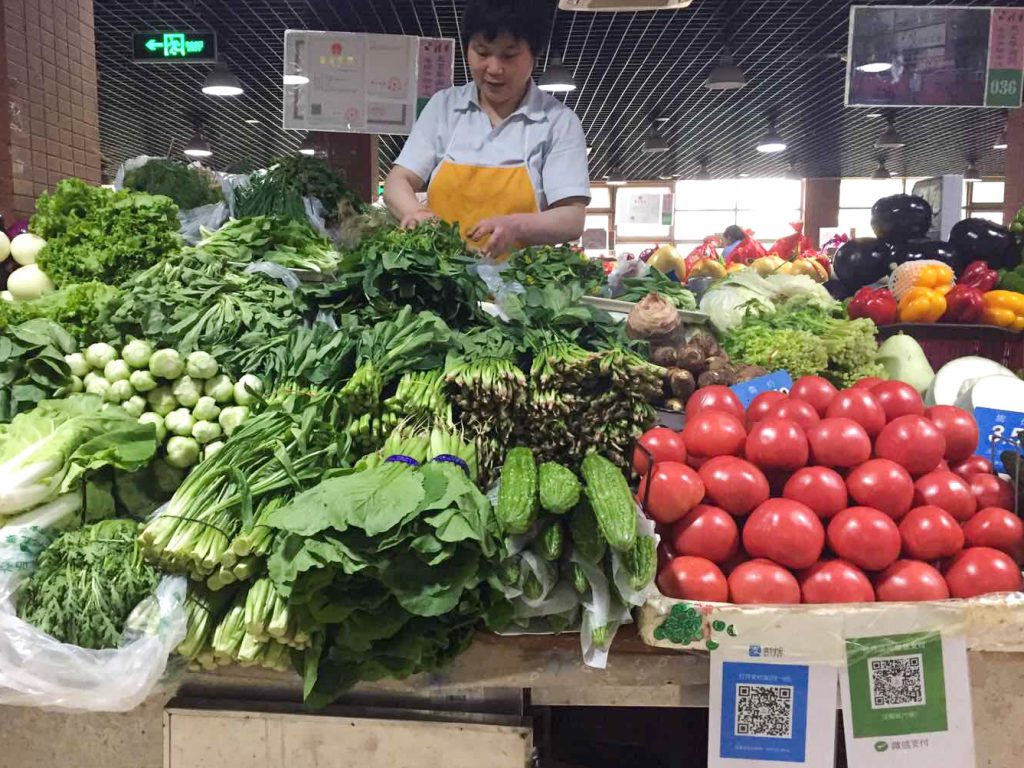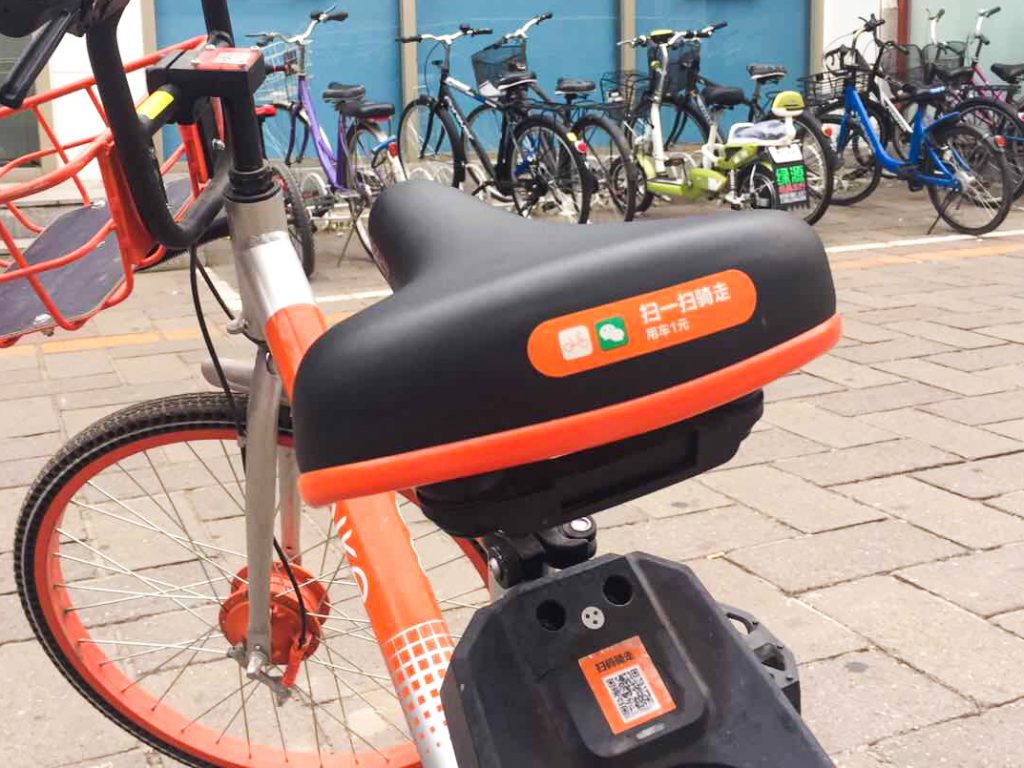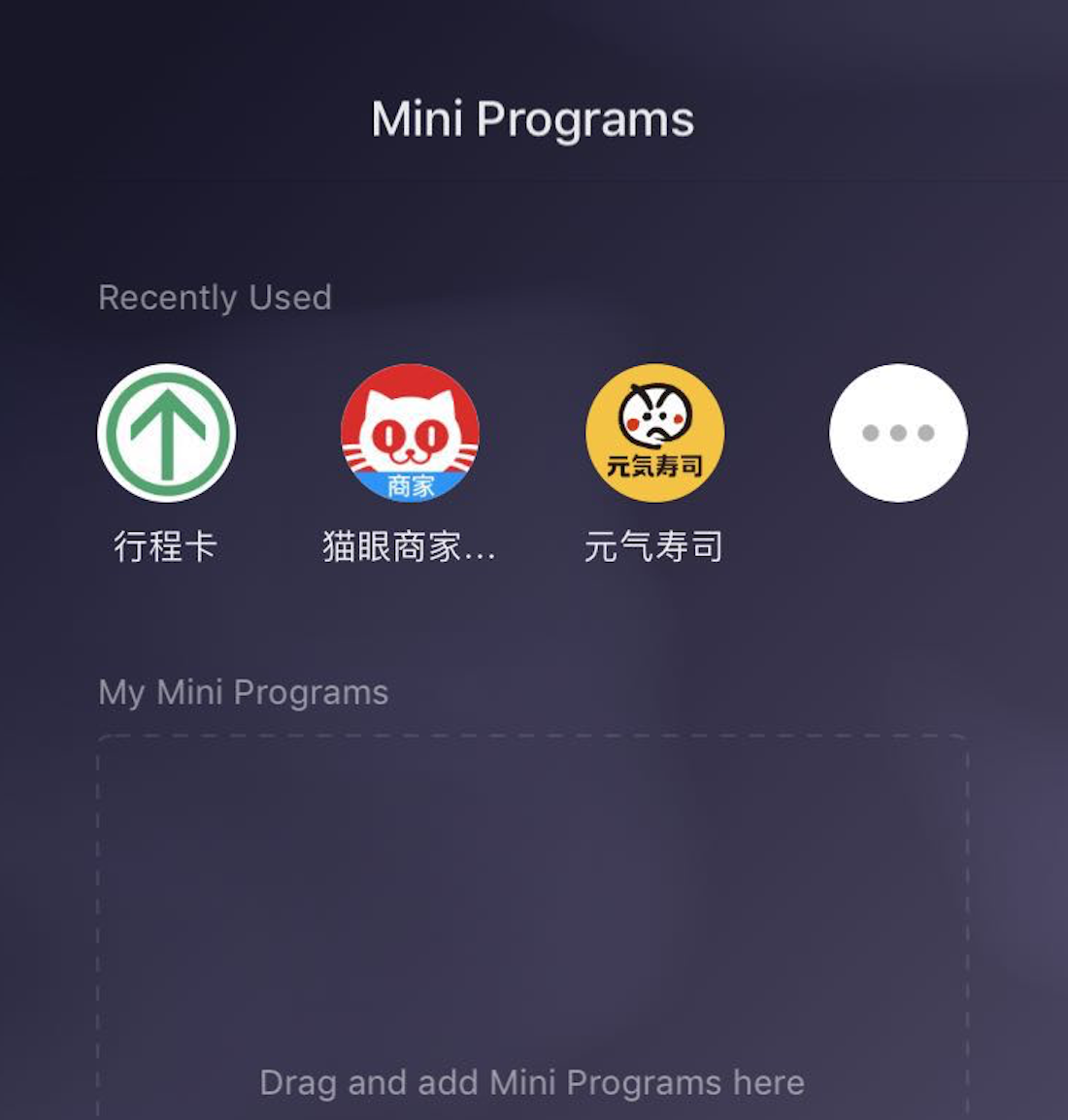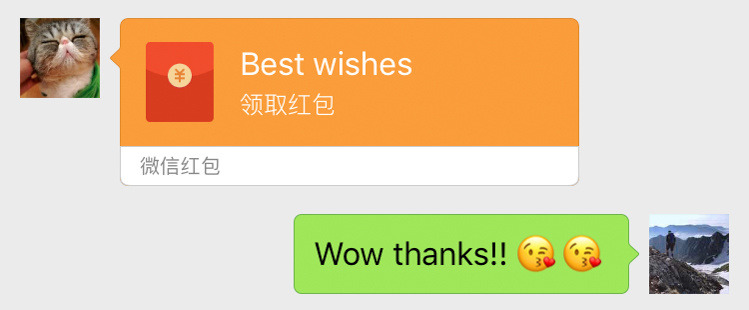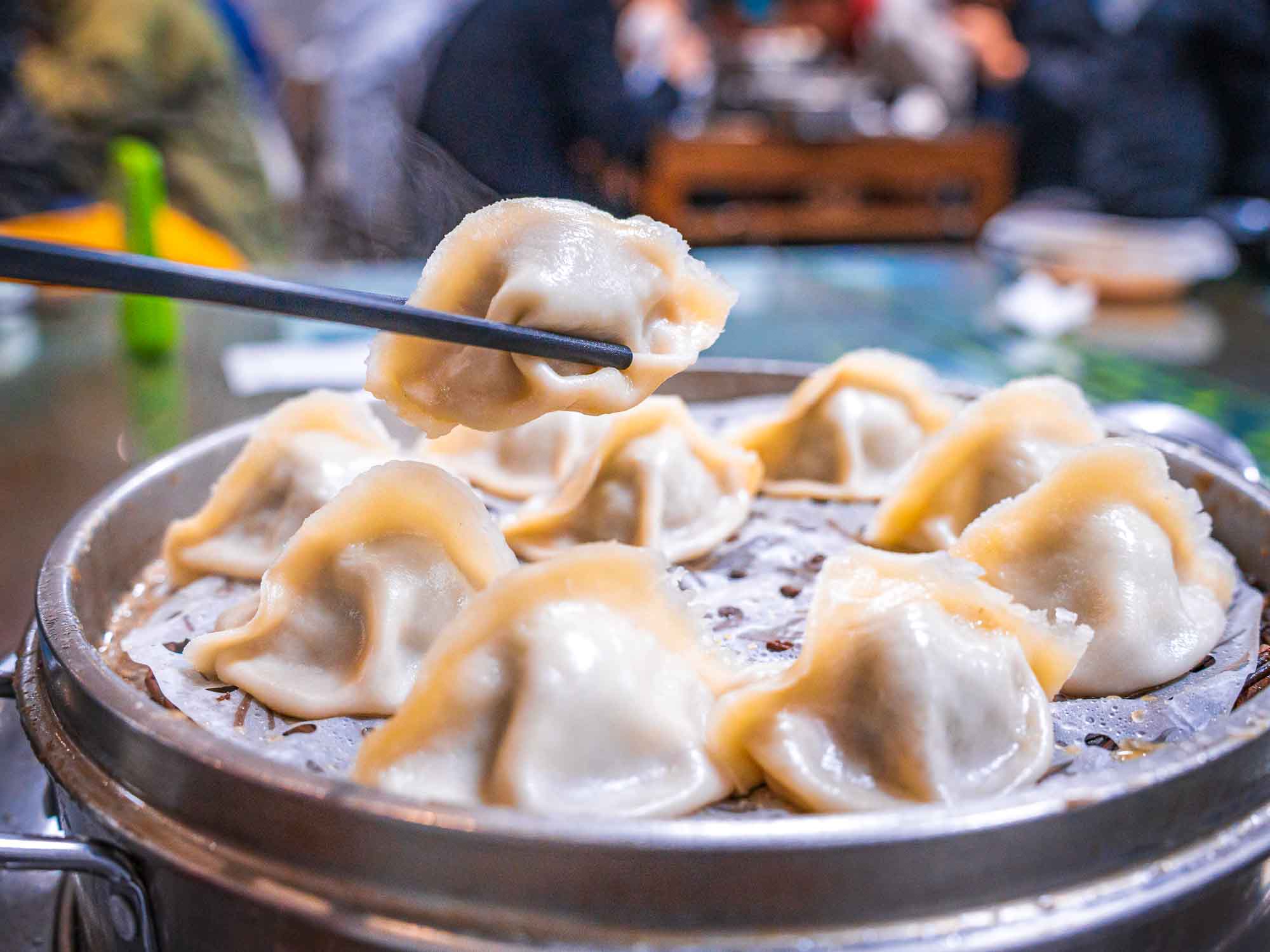
The Last Rose Honey Wine Varietal in the World: Wine Tasting in Shangrila, Yunnan
This is a story about how a yak herder, a French grape, and how a forgotten village gave rise to one of the world’s rarest wines. We begin high in the mountains of Yunnan, one of China’s Western-most provinces, where the Mekong River slices through Tibetan foothills and Catholic church spires rise from the center of timeless villages. There we meet Hongxing, a small boy herding yaks for his family in the remote village of Cizhong.

